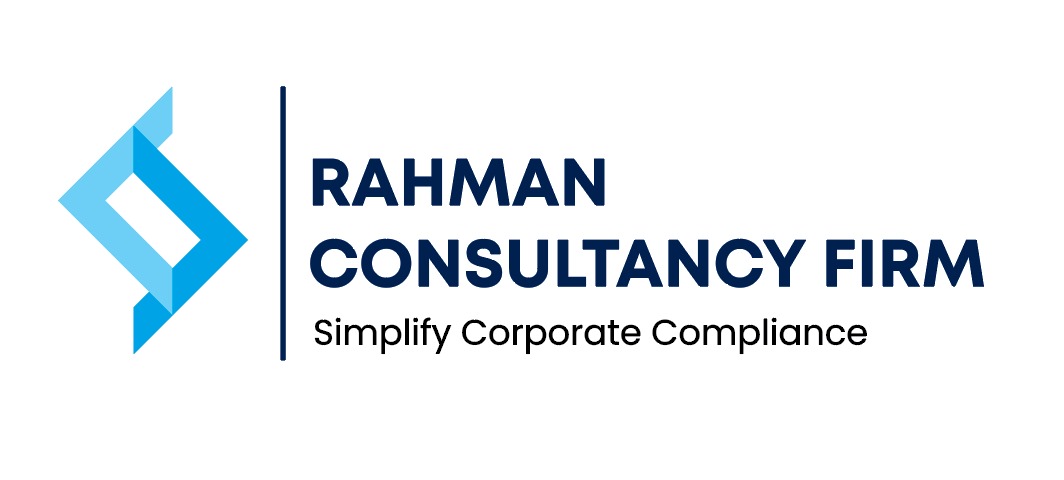The Importance of Copyright in Bangladesh: Protecting Creativity, Promoting Growth
In the heart of South Asia, Bangladesh is emerging as a vibrant hub for creativity—spanning literature, film, music, software, education, and digital innovation. As this creative economy grows, so does the need for robust copyright protection. Copyright, the legal right that grants creators control over their original works, plays a pivotal role in nurturing innovation, safeguarding cultural identity, and supporting economic development.
🔒 1. Preserving Creative Rights in a Growing Digital Economy
Bangladesh has seen significant growth in its digital sector, particularly with the rise of freelancing, app development, animation, and online content creation. From Dhaka to Chattogram, countless creators are building careers through platforms like YouTube, Fiverr, and Behance. However, without proper copyright awareness and enforcement, their work is often vulnerable to unauthorized use or outright theft.
Strong copyright protection ensures that:
- Authors retain control over how their books, songs, or artworks are reproduced.
- Software developers and tech entrepreneurs can license and monetize their products.
- Digital content creators can protect their videos, designs, and branding from misuse.
🎭 2. Boosting the Cultural and Creative Industries
Bangladesh boasts a rich cultural heritage—Rabindra Sangeet, Nazrul Geeti, traditional folk music, and modern drama are just a few examples. Copyright safeguards these art forms from exploitation and provides incentives for new generations to contribute to the cultural landscape.
With the global demand for authentic South Asian content rising, Bangladesh’s creative industries can become significant export sectors—if creators are protected and properly compensated. Copyright ensures that artists, writers, and producers receive the credit and revenue they deserve.
🚫 3. Fighting Piracy and Supporting Ethical Consumption
One of the biggest challenges in Bangladesh is the widespread availability of pirated books, films, software, and music. This not only deprives creators of income but also discourages investment in local creative ventures.
Efforts by the government, NGOs, and industry leaders to educate the public about copyright laws and promote ethical content consumption are vital. A culture that respects intellectual property rights will foster long-term growth in publishing, entertainment, and tech.
🌍 4. Aligning with Global Standards
As Bangladesh aspires to achieve middle-income status and strengthen its position in the global market, aligning with international copyright standards is essential. Membership in the World Intellectual Property Organization (WIPO) and adherence to agreements like the TRIPS Agreement (under the WTO) position Bangladesh as a responsible, modern economy.
Such alignment attracts foreign investment and encourages cross-border collaboration in research, innovation, and creative production.
⚠️ 5. Challenges and the Way Forward
Despite progress, Bangladesh faces several challenges:
- Low awareness of copyright laws among creators and users.
- Weak enforcement mechanisms.
- Limited access to legal assistance for small creators.
- Inadequate digital infrastructure for copyright registration and protection.
To overcome these, the country needs:
- Comprehensive copyright education in schools, universities, and training centers.
- Simplified registration systems through digital platforms.
- Stronger penalties for infringement.
- Public-private partnerships to promote IP awareness and protection.
✅ Conclusion
Copyright is more than a legal tool—it’s a foundation for a fair, dynamic, and inclusive creative economy. In Bangladesh, where talent is abundant and digital transformation is accelerating, copyright plays a crucial role in empowering creators, preserving cultural heritage, and driving sustainable economic growth. By strengthening its copyright framework, Bangladesh can unlock the full potential of its creative sector and proudly stand on the global stage.
